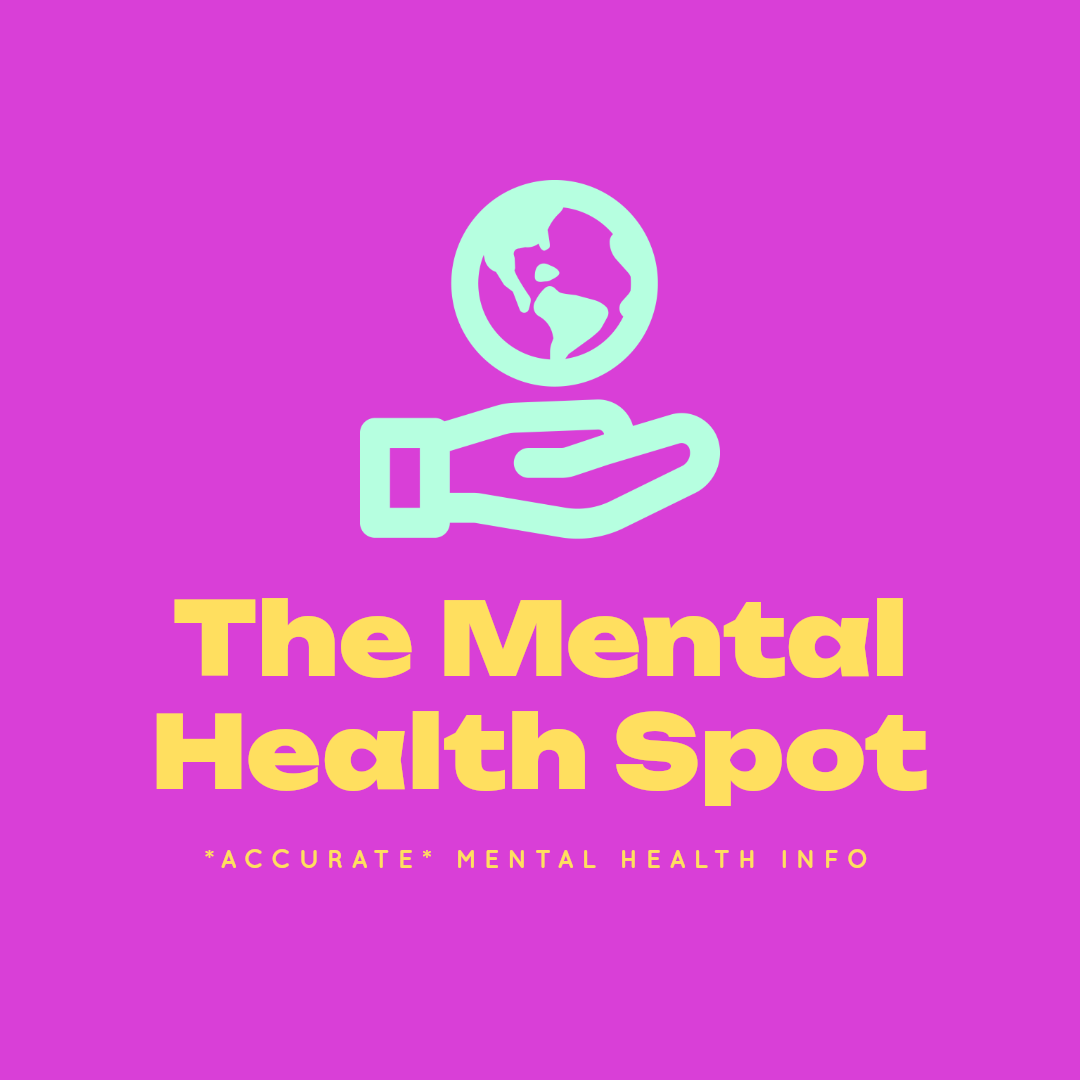Trigger Warning! This article contains serious mentions of self-harm and suicide. If these are things that are triggering to you, please close this page and read a different article. For more information about identifying triggers, please consult our triggers and stressors article.
Whether your friend has outright told you that they are self-harming or suicidal, or you feel that something is up, self-harm and suicide are safety issues that need to be taken seriously. In this article, we’ll answer the following questions:
- How do I recognize if my friend is considering self-harm, already self-harming, or suicidal?
- What should I do to maintain their safety and their well-being?
- Who should I reach out to?
How To Recognize Patterns of Self-Harm and Suicidal Thoughts In Others
While you may not recognize these thought patterns on self-harm or suicide, indicators of a dip in mental well-being, such as a change in energy, general hygiene, and eating can be red flags. As for self-harm, if your friends appear to be hiding their bodies, such as with baggy clothes, in situations where this is not normal behavior, consider having a discussion with friends about their mental state. If they discuss wanting to hurt themselves, talk about suicide, or express plans for suicide or self-harm, talk to a trusted adult immediately.
Who You Should Reach Out To and How To Do It Properly
“You definitely want to go to an adult that’s appropriate to the context,” says Mariel Teschlog, a nationally Certified School Counselor. She advises reaching out to an adult to whom both you and the friend are connected. If you’re in school, talk to a teacher or school counselor. Outside, you can talk to a coach, parent, or another adult in both of your lives. “You always want to not shoulder that yourself. That’s difficult for one person, let alone a kid to handle on their own.”, she says. For the safety of that friend, reach out. It could save their life.
When reaching out, try to involve the person you’re concerned about in those conversations. If you’re talking to an adult, inform them you are talking to the adult, and encourage them to come along. Encourage the friend to reach out for help, be there to do it with them, and support them every step of the way. If they don’t want to be there, in the conversation, don’t force them to do something they’re not comfortable with.
But what if they’re opposed to reaching out for help? You still need to inform an adult but listen to their concerns about who you’re reaching out to. If they have a concern about their parents, talk to an adult at school, or a coach for your sports team. The most important thing is you reach out in a way that is going to help your friend get the support they need. “They might be mad at you for a little while for telling, but it’s kind of better to have them mad at you for that than to have the consequences of not telling,” asserted Teschlog.
How to Support Them After Reaching Out To An Adult
If your friend is suicidal or self-harming, they need support. Let them know you’re there for them.
“Just being very clear that you’re there to be a friend and not judge them can definitely go a long way,” says Teschlog. Check-in with your friend about how they’re doing and when it comes to self-harm, gentle accountability is important. Encourage them to stop and find different ways to physically release the stress. (hyperlink to coping skills.). Do not admonish or blame your friend for self-harming, or compare it to other experiences. Maintaining a positive and supportive relationship is the most important thing.
Final Thoughts
Self-harm and suicide pose serious risks to safety and are indicators of significant mental health struggles. Get an adult involved and support your friend(s) throughout the process. Remember: Telling an adult could save that person’s life.
